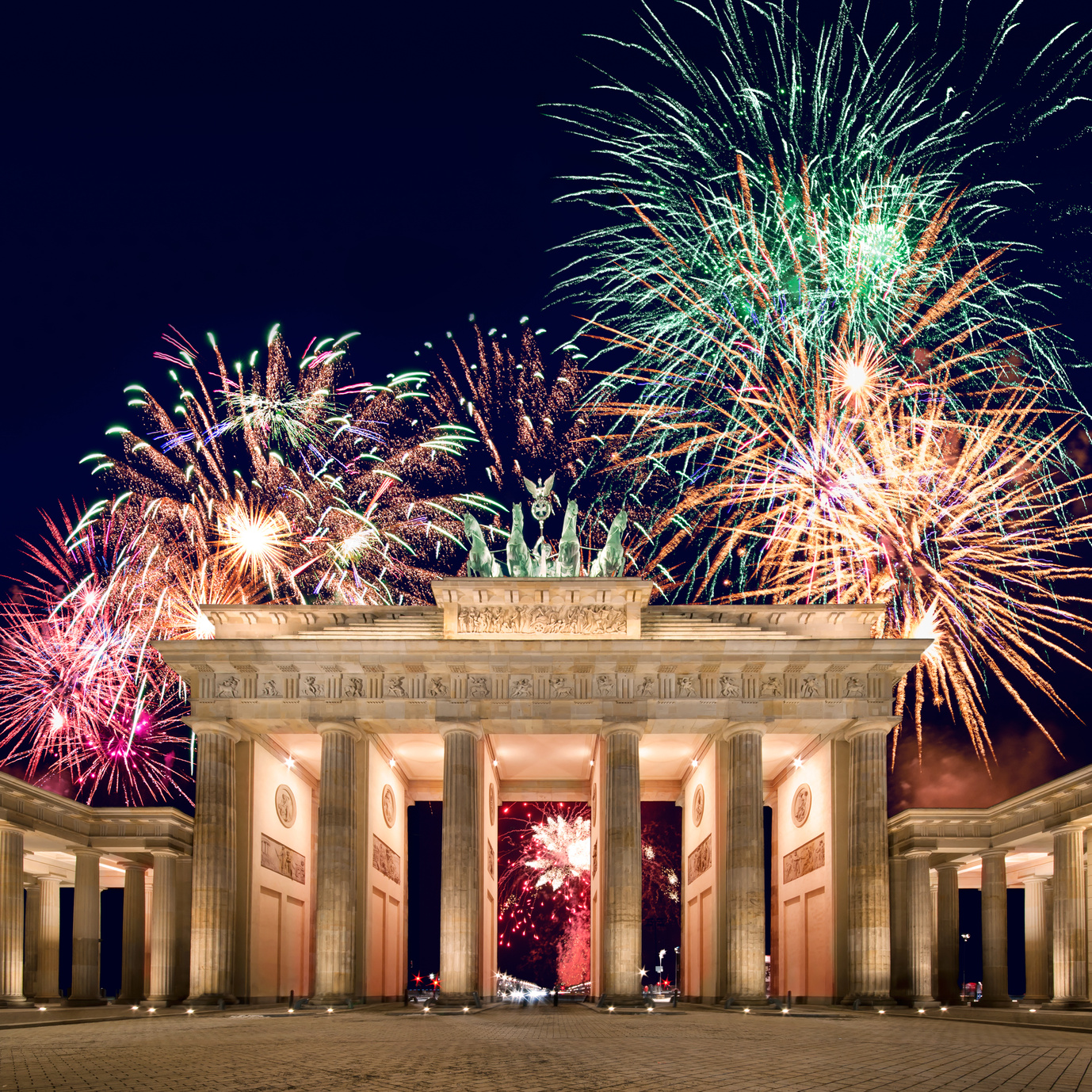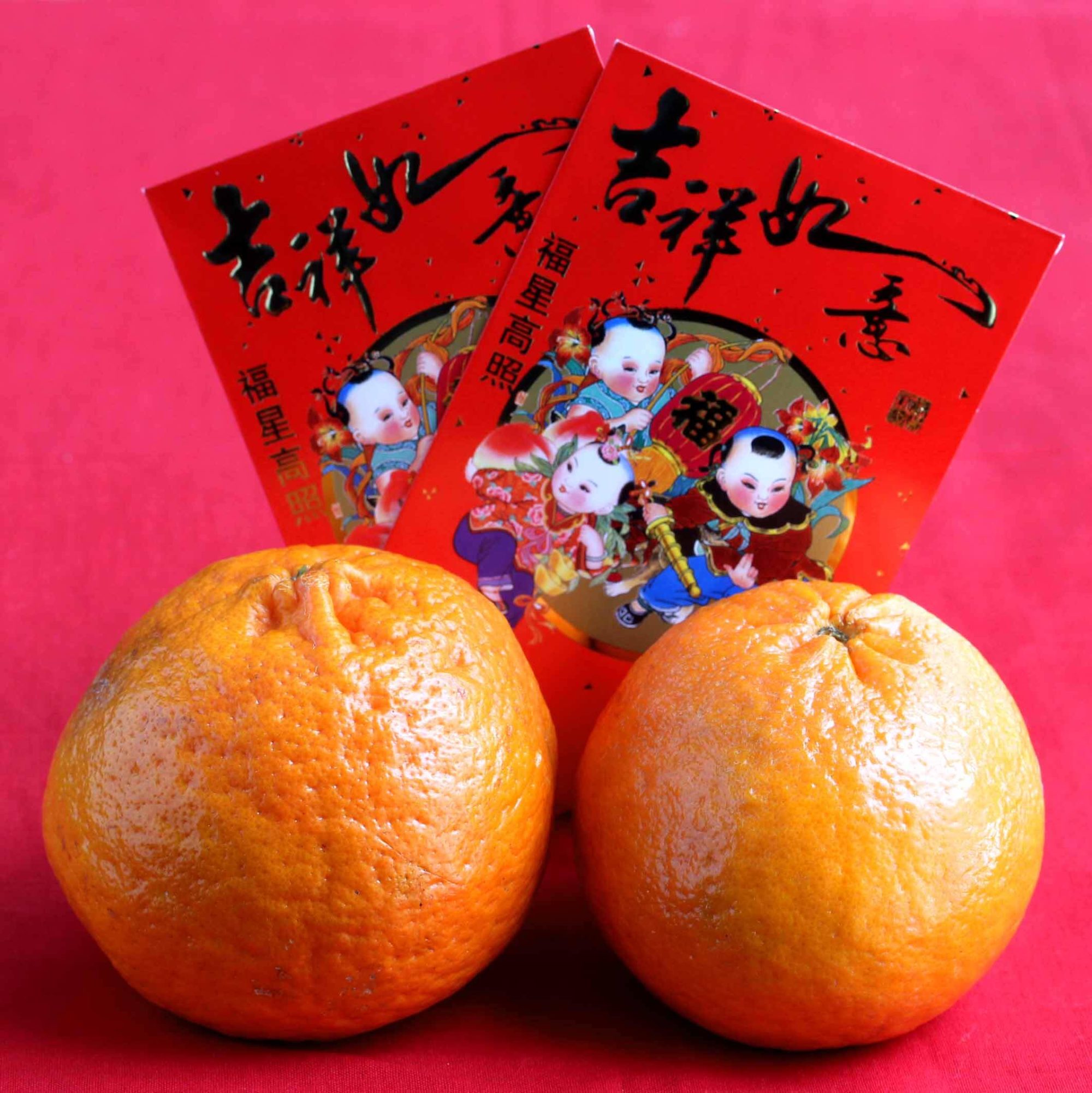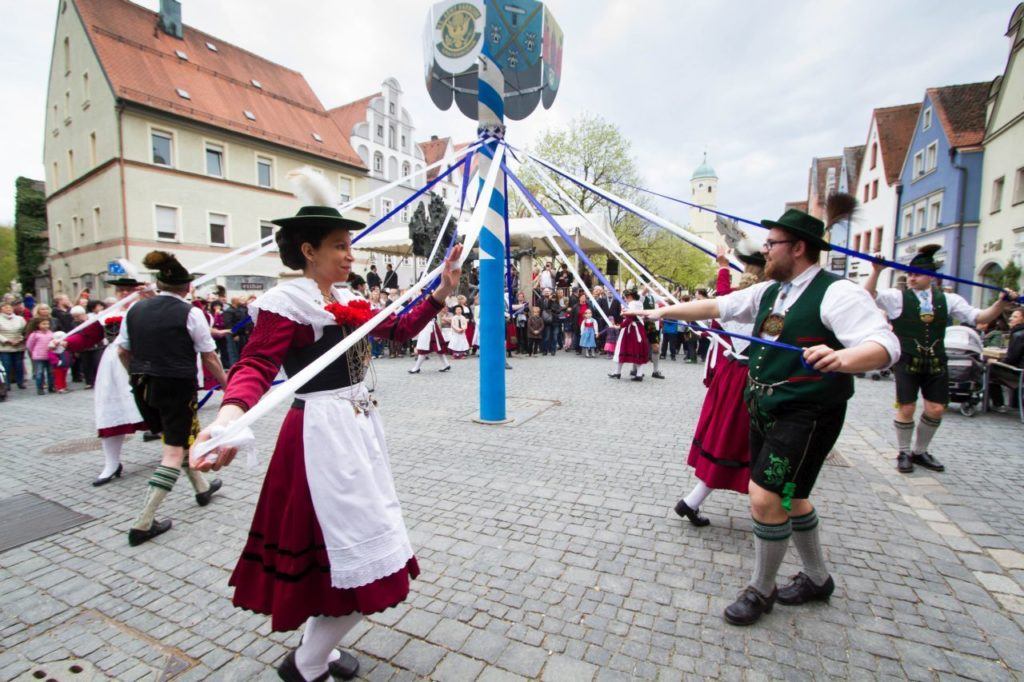Gallery
Photos from events, contest for the best costume, videos from master classes.












Another German New Year tradition Germans do on Silvesterabend is watch “Dinner for One” on TV.“Dinner for One” is a British sketch that was broadcast to Germany for the first time in 1963 and since then has become a cult classic. It is an electric time to visit Germany, although you must be prepared for higher prices for accommodations and crowds—crowds well equipped with hand-held fireworks. Read the complete guide to New Year's in Germany with all the craziest German traditions. It really is a Prosit Neujahr (Happy New Year). Celebrate The New Year By Learning German With Lingopie! New Year's in Germany is full of fun traditions, like wishing "Guten Rutsch," eating Linsensuppe for luck, and enjoying fireworks. It's a time to enjoy meaningful traditions and start the year in a positive spirit. Germans call New Year's Eve "Silvester." Superstitions, customs and party trends: How do people typically celebrate on December 31 in Germany? 10 German traditions on New Year's Eve. Elizabeth German New Years’ Traditions . In Germany, people call New Year’s Eve as Silvester. This name came after Pope Silvester as an honor. People follow different traditions from eating and drinking various foods to shouting loud and many more to attract good luck for the New Year. New Year's Eve Customs in Austria, Germany, Switzerland Prosit Neujahr! • Happy New Year! Celebrating the New Year! The following practices and traditions are associated with the beginning of the new year in German-speaking countries: Berliner Pfannkuchen (jelly-filled doughnuts) Although they are generally available year-round, German bakeries bake up extra amounts of Berliner Pfannkuchen for Rosh Hashanah, the name of the Jewish New Year, is, however, set in the fall on a different date every year. Other linguists relate the expression to the archaic German meaning of "Rutsch" — a The last day of the year is the saint's day of pope Silvester, who died 31 December 335. New Year's Eve traditions often include old superstition, which has been passed on for centuries. But customs & what is considered typical Silvester food vary throughout the country. Read on & enjoy my random collection of New Year's Eve traditions in Germany. New Year's Eve in Germany is also known as Silvester, named in honor of Pope Silvester who died on December 31, 335 AD. It's celebrated with a mixture of animistic and Germanic rituals and Christian beliefs: loud noises drive ghosts and evil away, other traditions bring luck, predictions for the new year are read in molten lead poured in cold water (Bleigießen), and church bells ring across German New Year’s Eve traditions. If you’re wondering what to expect when the clock strikes midnight, take a look at our guide to celebrating New Year’s Eve - or Silvester as it’s known in German - like a local. 1. Avoid fish (apart from carp) Silvester is the German name for New Year’s Eve, after Pope Sylvester I who died on December New Year in Germany: Traditions, Celebrations, and Travel Tips. New Year in Germany, known as Silvester, is one of the most festive and exciting nights of the year. From grand fireworks displays to unique traditions, celebrating the New Year in Germany is a memorable experience. Here are some fun New Year’s Traditions you can try! German New Year’s Eve Traditions. Tags: germany new years traditons, New Year's Traditions in Germany, Not in Germany! Here, each shred of fermented cabbage signifies a bit of currency. Therefore, the more sauerkraut a person eats on New Year’s Day, the better. In fact, many will take their first bites just as the clock strikes midnight on New Year’s Eve. Just be sure to squeeze in the New Year’s kiss before your good fortune halitosis New Year's Eve, called Silvester in Germany, is a perfect time to spend with your family and friends while enjoying the splendid festive traditions. Whether you are traveling to this beautiful country for the first time during New Year or have explored many times, Germany always offers new and lively festivities in a unique way. Bleigiessen, or lead pouring, is a fun New Year’s Eve Tradition in Germany for families to divine their fortune for the New Year. This ancient form of divination, also known as Molybdomancy, has been used in many cultures during the Raunächte for over 1000 years. New Year's Eve is an important celebration in Germany that is associated with a variety of traditions and customs. These not only mark the turn of the year, but are also deeply rooted in German culture. In this article, you will immerse yourself in the world of German New Year's Eve traditions. Some of them can be found in one form or another in other countries and cultures. Photo by David Jackson on Unsplash The background of New Year’s Eve. 1 January was not always the date for New Year’s Eve. Until around 153 BC, 1 March was the ancient Roman New Year’s Day. German New Year's Eve Superstitions. Superstitions abound around the foods and good luck. Whether it be the pig, the carp, the lentils, or the sauerkraut, the end result is that whatever you use for your New Year's Eve party, ideas to include these superstitions makes for a fun time. New German Traditions for New Year's Eve „Guten Rutsch“ oder „happy new year“? In Germany it is just as common to wish each other "Happy New Year" or a "good slide into the new Year". Wir wünschen einen guten Rutsch ins neue Jahr. (We wish you a happy new year (good slide).) Ich wünsche ein frohes neues Jahr. (I wish you a happy new year.) das Feuerwerk (the firework) Mehr A New Year’s Tradition in the German-Speaking Countries Bleigießen (Molybdomancy): Predicting the future Germans like to predict what will happen in the coming year, and they have an interesting way of doing that: lead pouring. Or, to be more accurate, "tin pouring," since the dangers of lead poisoning are well known. But it was not
Articles and news, personal stories, interviews with experts.
Photos from events, contest for the best costume, videos from master classes.











